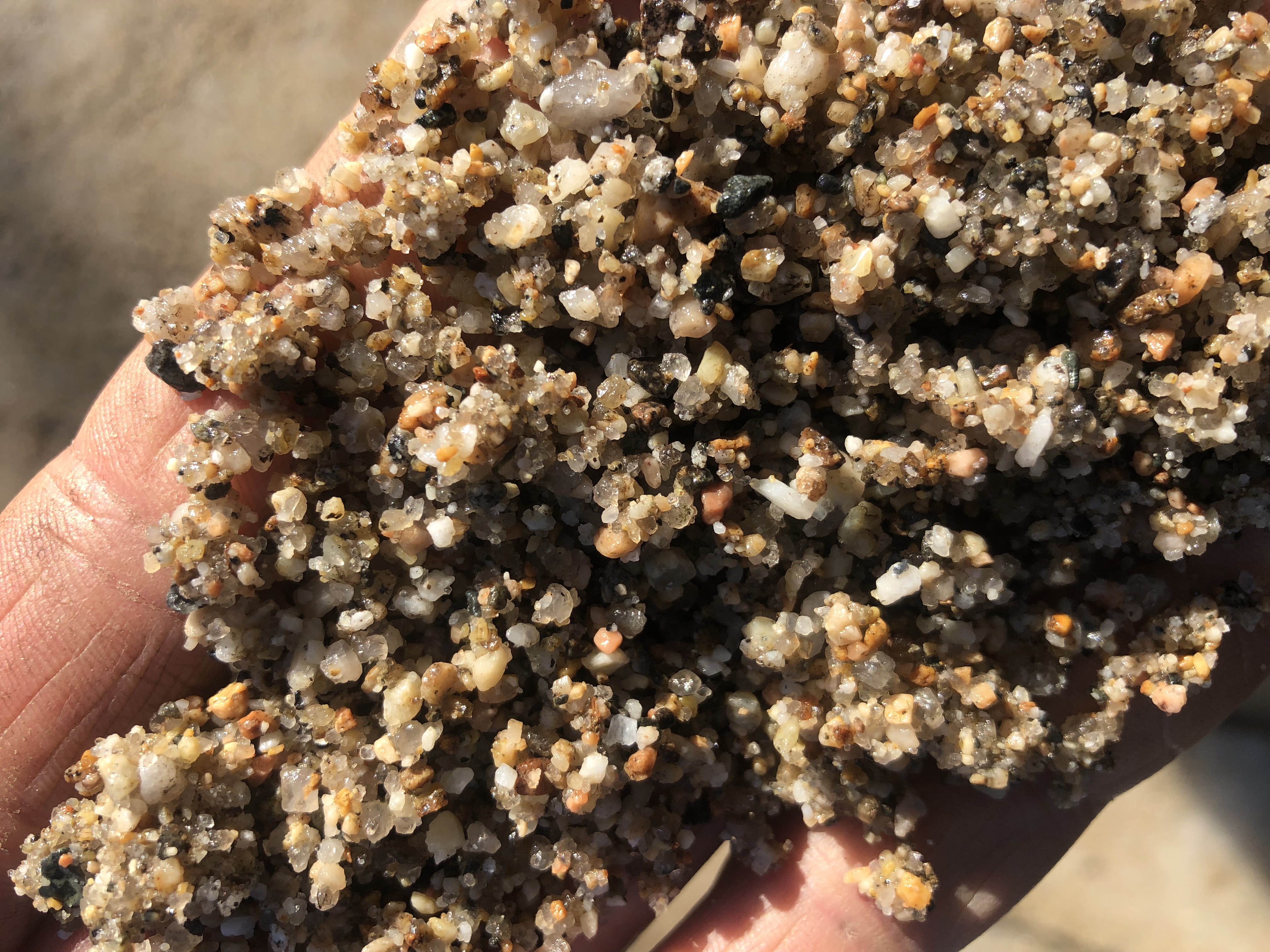Clean Beaches
Volunteers play an important role in keeping New Hampshire's beaches clean.
Volunteers play a big role in keeping New Hampshire's beaches clean by regularly picking up trash and recording what they find.
Keeping litter – like cigarette butts, rope, bottle caps, and plastic bags – out of the marine environment helps whales, birds, fish, and other sea life. Litter hurts these animals' ability to move, eat and take care of their young when they ingest or get caught in it. Removing trash also makes the beach safer and more enjoyable for people to visit.
Opportunities to participate include one-day events, an Adopt-A-Beach Program, and the annual New Hampshire Coastal Cleanup – held every year on the third Saturday in September. Individuals, families and groups are all welcome to participate. The Coastal Program helps support these programs through a federal grant from NOAA's Office for Coastal Management under the Coastal Zone Management Act in conjunction with the NHDES Coastal Program.
In 2018, the Coastal Program adopted a portion of the Great Bay National Wildlife Refuge at Fabyan Point on Great Bay in Newington, through the Blue Ocean Society's Adopt-a-Beach Program and under the direction of a member of the management team at the refuge. Coastal Program staff committed to clean up this spot two times a year and to record the items collected on data cards provided by the Blue Ocean Society. Last year, staff conducted two cleanups, with one in the spring and one in the fall. The total pounds of trash collected was 358lbs, including some large bulky items like barrels and coolers. The Coastal Program is planning to continue its participation in the Adopt-A-Spot program.
Learn more about how to volunteer by calling the Blue Ocean Society at (603) 431-0260 or visiting their cleanup website.
Related Content

Blue Ocean Society coordinates monthly cleanups
Beach cleanups are a great way to help protect the marine environment, and a great way to get exercise! As a volunteer, you will contribute to our long-term study on marine pollution. During our monthly beach cleanups, we spend a couple hours collecting trash off a local beach and then we record our findings. Our cleanups include a short presentation about our research efforts and information about how you can help protect the marine environment.

Collecting and analyzing sand samples
Blue Ocean Society’s study involves collecting sand samples at several New Hampshire beaches from Rye to Seabrook, sieving the samples for plastics, and then sorting the plastics into various categories. They’ve learned that in addition to the large plastics on our beaches, there are small ones, too, with foams making up the largest percentage of microplastics across the beaches in New Hampshire.
A network connecting volunteers across New England
Nature Groupie is a network to connect volunteers to more than 200 conservation organizations across New England. These organizations post volunteer opportunities to a shared calendar, making it easier for you to find interesting outdoor volunteer experiences near you.
Plastic in the Ocean
The impacts of plastic in the ocean are far reaching. Plastic never really "goes away." Instead, it breaks down into smaller and smaller pieces, eventually being dubbed "microplastic" – something that's less than 5mm long and continues to threaten marine life when mistaken for food and ingested. Tiny bits of plastic are hidden among the grains of sand on New Hampshire's beaches.
Volunteers continue to find "Hooksett disks" – small, white, plastic, circular shaped mesh disks, approximately two inches in diameter, from the accidental spill of millions of disks from the Hooksett Wastewater Treatment Facility in March 2011. At least 93 disks were found in 2018.




